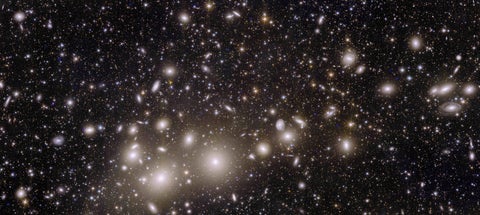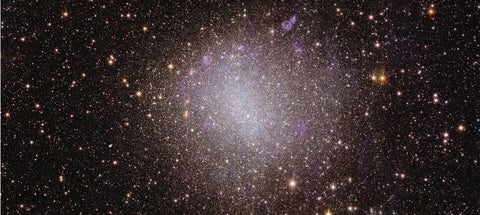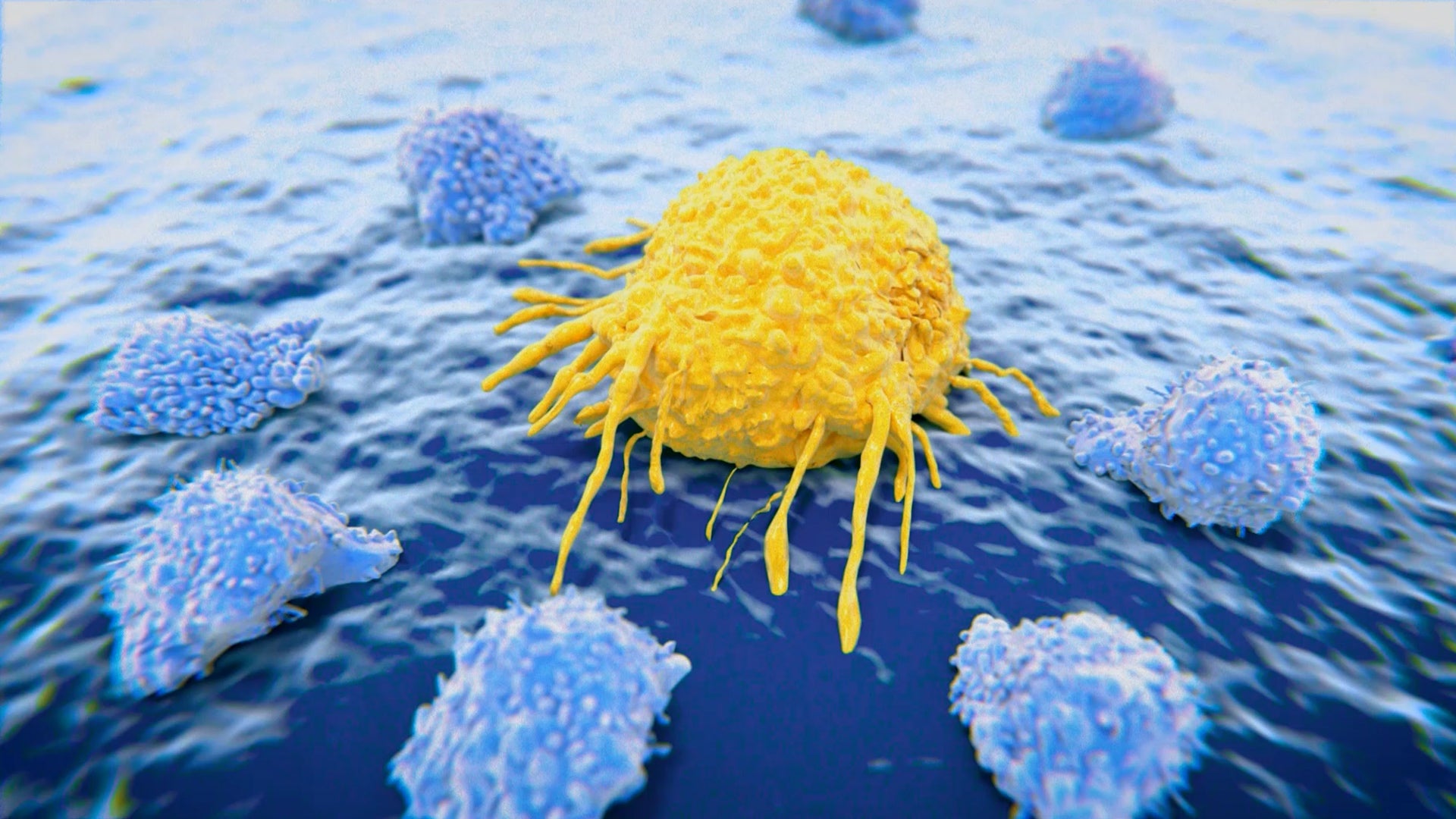Charting the uncharted universe. We’re on it.
Image Credit: ESA/Rosetta/NavCam - CC BY-SA IGO 3.0
95% of the cosmos is shrouded in mystery – until now. See how the Euclid satellite is illuminating the dark universe.
After centuries spent studying the stars, 95% of the cosmos remains unseen – until now. The Euclid satellite is on a mission to illuminate the dark matter that makes up most of our universe. Equipped with a super-high-resolution telescope, Euclid will unveil the secret structures that remain so elusive to scientists – and help us answer how the universe came to be.
Euclid will measure
1.5 billion galaxies
over an area that spans a third of the sky (Euclid Consortium)
A mission lasting
6.5+ years
collecting data for over 2,500 scientists spanning more than 15 countries (Euclid Consortium)
Scientists expect to identify
100,000+
solar system bodies (Euclid Consortium)
The universe is expansive. So is our content.
Quick knowledge, big insights! Subscribe to the Innovation Insider for health, climate, tech, physics and human behaviour innovations in under two minutes.
The Euclid (satellite) will provide a huge step forward in our understanding of the components of our universe that do not interact with light.

Dr. Will Percival studies the entire Universe, from its beginning after the Big Bang to the way it's changing and evolving today. Percival is a Distinguished Research Chair in Astrophysics and Director of the Waterloo Centre for Astrophysics.

Euclid’s view of the Horsehead Nebula

Euclid’s view of spiral galaxy IC 342

Euclid’s view of the Perseus cluster of galaxies

Euclid’s view of irregular galaxy NGC 6822

Euclid’s view of globular cluster NGC 6397
Image credit: European Space Agency
Understanding the dark
The universe is full of mysteries, with 95% hidden from our view. It's made up of two important things: dark matter and dark energy. Dark matter is an unseen form of matter that doesn't interact with light. This mysterious substance plays a vital role in the creation of cosmic structures like galaxies and galaxy clusters. Then there's dark energy, a hypothetical form of energy that physicists propose is the secret fuel and force accelerating the universe's expansion. (European Space Agency)
Technological futures
Technology continues to accelerate at an exponential pace, bringing both benefits and new challenges. The world is now demanding that innovators develop technology with greater responsibility and accountability. Building on our strengths in technology and innovation, Waterloo is advancing technology that shapes society – responsibly and sustainably.
Read on to discover more ways Waterloo is on it.

Taking flight for food security→
Pilotless airplanes deliver critical supplies in Northern Canada – and beyond. Read on to discover their solution.

Fighting cancer with code →
Machine learning joins humanity’s fight against cancer, bringing us one step closer to personalized vaccines. Read on and explore this breakthrough.